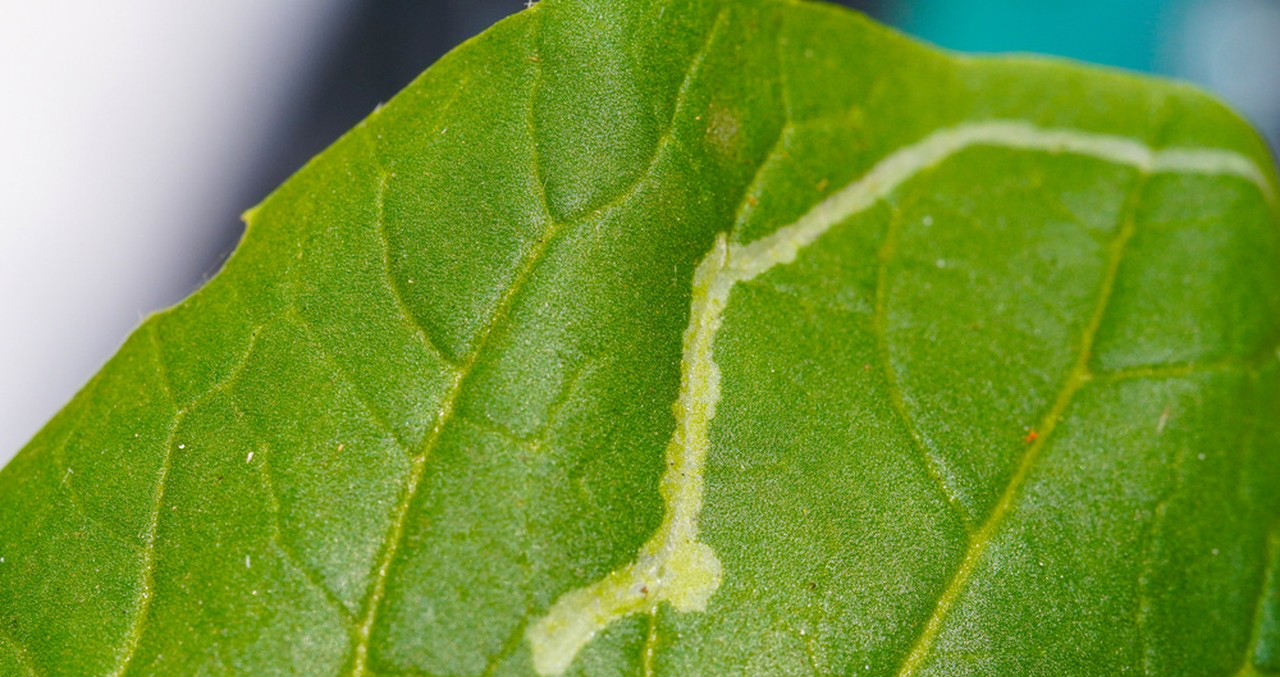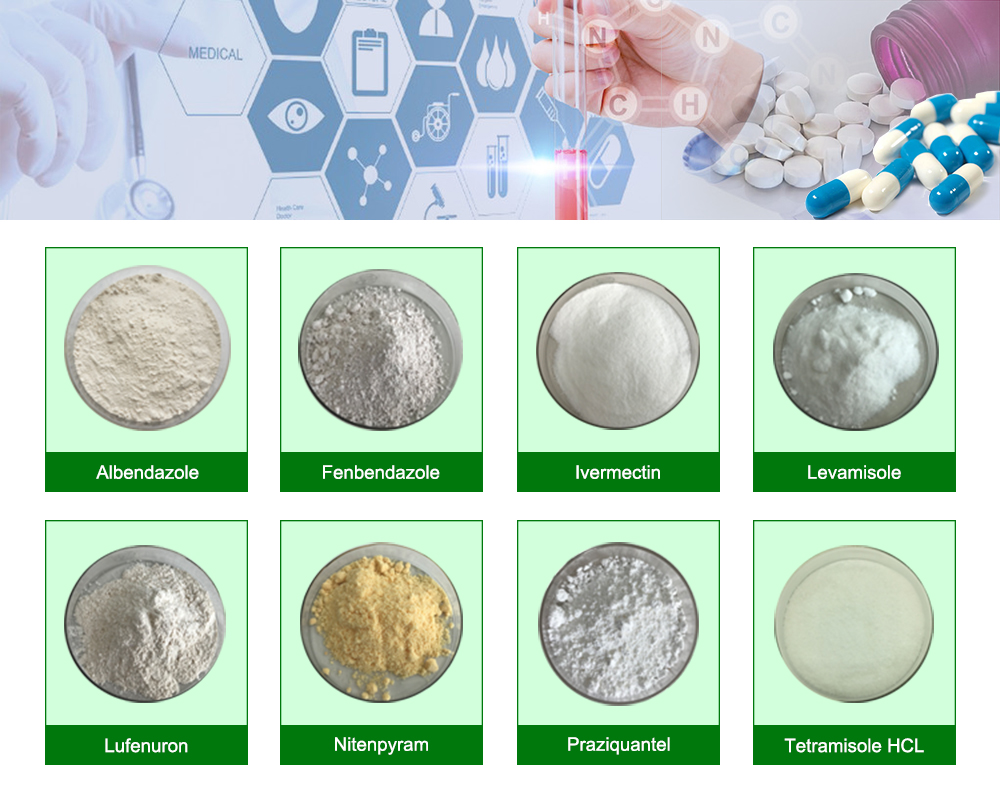Lufenuron is an insect growth regulator (IGR) that is commonly used in veterinary medicine to control fleas in pets. It inhibits the development of flea larvae by interfering with their chitin synthesis, a key component in their exoskeleton formation. This prevents the larvae from maturing into adult fleas.
Lufenuron is often administered to pets orally, typically in the form of tablets or added to their food. It is considered relatively safe for pets, with minimal side effects. It’s important to note that lufenuron is not effective against adult fleas, so additional treatments may be needed to target adult fleas.
In addition to its veterinary use, lufenuron has been explored for agricultural purposes to control certain pests, but its primary application remains in the pet care industry.

How to use Lufenuron?
Lufenuron is an insect growth regulator used to control fleas in pets. It is typically administered orally to pets as a tablet or mixed with their food. Here are general guidelines for using Lufenuron:
Consult with a Veterinarian: Before using any medication, it’s important to consult with a veterinarian. They can assess your pet’s health and determine if Lufenuron is the appropriate treatment.
Dosage: The dosage of Lufenuron will depend on the size and weight of your pet. Follow the veterinarian’s prescribed dosage instructions carefully.
Oral Administration: Lufenuron is commonly available in tablet form. Administer the tablet directly to your pet or mix it with their food as directed by the veterinarian.
Consistency: To effectively control flea infestations, it’s important to administer Lufenuron consistently according to the veterinarian’s instructions. Missing doses may reduce its effectiveness.
Monitor for Side Effects: Keep an eye on your pet for any signs of adverse reactions or side effects. If you notice any unusual behavior or symptoms, contact your veterinarian immediately.

Additional Flea Control Measures: Lufenuron may be part of a comprehensive flea control program. It’s important to combine it with other measures such as regular grooming, cleaning your pet’s environment, and using other flea control products if recommended by your veterinarian.
Follow-up Visits: Regular veterinary check-ups are important to monitor your pet’s overall health and the effectiveness of the flea control program. Adjustments to the treatment plan may be made based on your pet’s response.
Remember, the information provided here is general, and it’s crucial to follow the specific instructions and recommendations provided by your veterinarian. They will consider your pet’s individual health needs and circumstances to ensure safe and effective use of Lufenuron.
